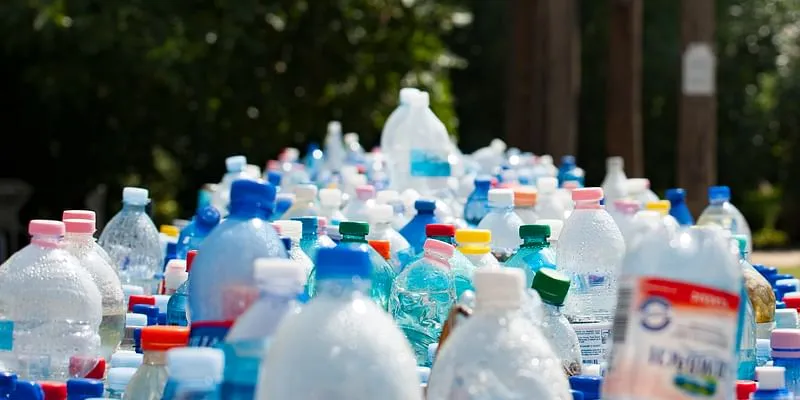India bans sale of single-use plastic items from July 1
The single-use plastic ban will be monitored by the CPCB and the State Pollution Control Boards (SPCBs), who will report to the centre on a regular basis.
India will ban the manufacture, import, stocking, distribution, sale, and use of identified single-use plastic items that have low utility and high littering potential, all across the country from July 1, 2022.
This is following the notification by the Central Ministry of Environment, Forest and Climate Change on the Plastic Waste Management Amendment Rules, 2021, on August 12, 2021, which is in line with Prime Minister Narendra Modi's statement to phase out single-use plastic items by 2022.
"The adverse impacts of littered single-use plastic items plastic on both terrestrial and aquatic ecosystems, including in marine environment are globally recognised. Addressing pollution due to single-use plastic items has become an important environmental challenge confronting all countries," the Ministry said.

Single-use plastic bottles can have a detrimental effect on the environment
The Government of India has shared the list of banned items, which includes earbuds with plastic sticks, plastic sticks for balloons, plastic flags, candy sticks, ice-cream sticks, polystyrene (Thermocol) for decoration, plastic plates, cups, glasses, cutlery such as forks, spoons, knives, straw, trays, wrapping or packing films around sweet boxes, invitation cards, cigarette packets, plastic or PVC banners less than 100 micron, stirrers.
The Single-use plastic ban will be monitored by the CPCB and the State Pollution Control Boards (SPCBs), who will report to the Centre on a regular basis.
For effective enforcement of the ban, the national and state level control rooms will be set up and special enforcement teams will be formed for checking the illegal manufacture, import, stocking, distribution, sale and use of banned single-use plastic items.
States and Union Territories have been asked to set up border check points to stop the interstate movement of any banned single-use plastic items.
CPCB Grievance Redressal App has been launched to empower citizens to help curb the plastic menace. For wider public outreach, the PRAKRITI mascot was also launched on April 5.
The Ministry of Environment, Forest and Climate Change has also notified the Guidelines on Extended Producers Responsibility on plastic packaging as Plastic Waste Management Amendment Rules, 2022, on February 16, 2022. Extended Producer Responsibility (EPR) is the responsibility of a producer for the environmentally sound management of the product until the end of its life.
The guidelines will provide the framework to strengthen the circular economy of plastic packaging waste, promote the development of new alternatives to plastic packaging and provide the next steps for moving towards sustainable plastic packaging by businesses.
Edited by Saheli Sen Gupta


![[World Environment Day] How this young conservationist helped remove 700 kg of plastic from a stream and ensured the return of crocodiles](https://images.yourstory.com/cs/4/8e7cc4102d6c11e9aa979329348d4c3e/SnehaShahi-1654331618768.png?fm=png&auto=format&h=100&w=100&crop=entropy&fit=crop)




